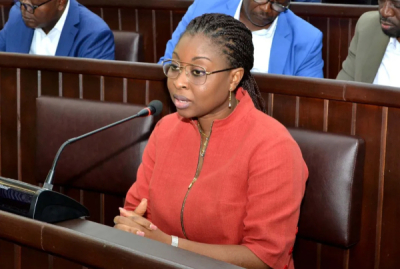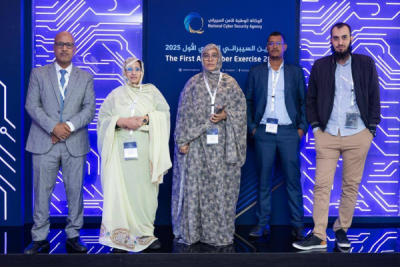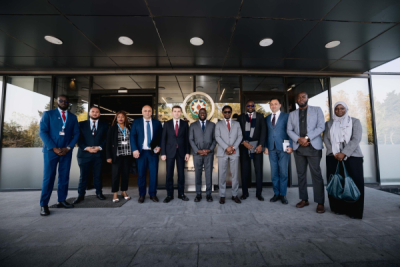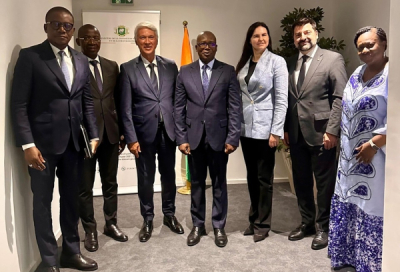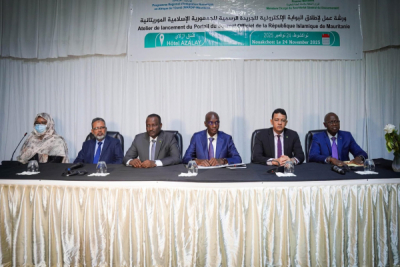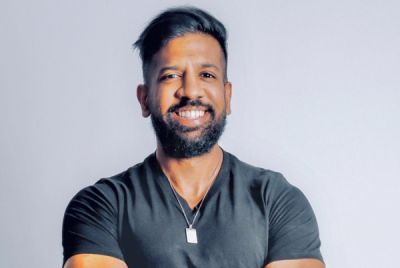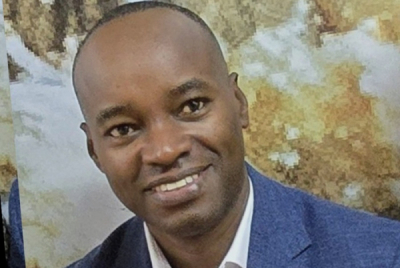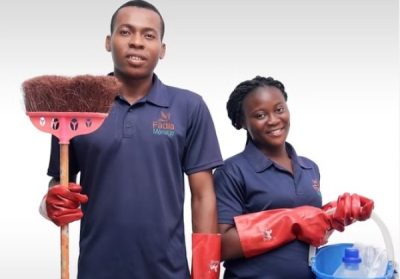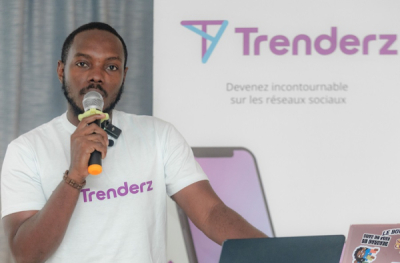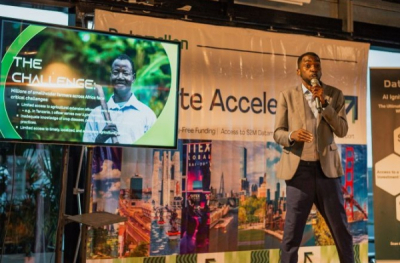-
Google.org will provide $1.5 million to fund a digital literacy and online-safety programme across four African countries.
-
JA Africa aims to train 250,000 children, 6,000 teachers and 8,000 parents and caregivers by 2027.
-
The programme will deploy Google’s “Be Internet Awesome” curriculum, including Interland, through schools and community networks.
Children in Africa gain access to digital technology at increasingly early ages as connectivity expands across the continent. This rapid exposure, however, brings major risks such as cyberbullying, harassment and exploitation, which compel governments and organisations to strengthen online-safety protections.
JA Africa, the regional arm of one of the world’s oldest youth-focused economic-education organisations, announced on 26 November the launch of a digital-literacy and online-safety programme in Ghana, Kenya, Nigeria and South Africa. The initiative uses $1.5 million in funding from Google.org, the philanthropic arm of Google, and targets the training of 250,000 children, 6,000 teachers and 8,000 parents and caregivers by 2027 to reinforce child safety in a fast-growing digital ecosystem.
“Digital connectivity now forms the backbone of modern life in Africa, and our children must be equipped not only to participate but also to stay protected,” JA Africa CEO Simi Nwogugu said. “With support from Google.org, we help young people turn access into opportunity by building a generation of smart, safe and respectful digital citizens.”
The programme relies on Google’s “Be Internet Awesome” curriculum, which teaches digital security, privacy protection, anti-cyberbullying practices and responsible online citizenship. The curriculum uses Interland, a game-based platform, to engage young learners. JA Africa will deploy the programme through school workshops, teacher-training sessions and community-based activities, including in underserved rural areas. The initiative aligns with existing national frameworks on child protection and ICT-in-education policies in Ghana, Nigeria and Kenya.
The launch comes as minors face rising digital-exposure risks across Africa. GSMA data shows that 18% of children aged 5 to 7 in sub-Saharan Africa already use mobile Internet. The International Telecommunication Union estimates that one child connects to the Internet every half-second worldwide, highlighting the accelerating pace of early digital access. Yet, in 2024, only 39 African countries had completed a national online-child-protection strategy, while 32% were still drafting one and 41% had taken no formal steps.
The project could ultimately support the creation of common continental standards for online child protection through planned collaboration with education, ICT and communications ministries. JA Africa and Google intend to amplify the programme with awareness campaigns, digital-content production and key events, including Safer Internet Day 2026, to broaden public reach.
This article was initially published in French by Samira Njoya
Adapted in English by Ange Jason Quenum



